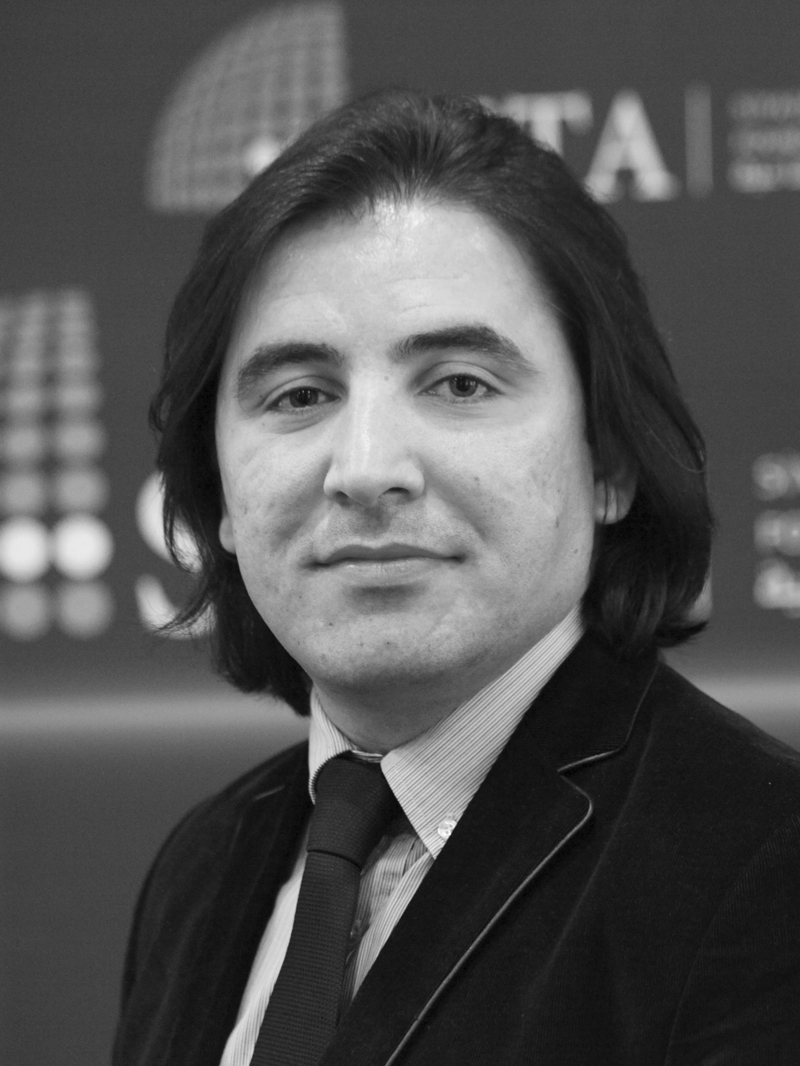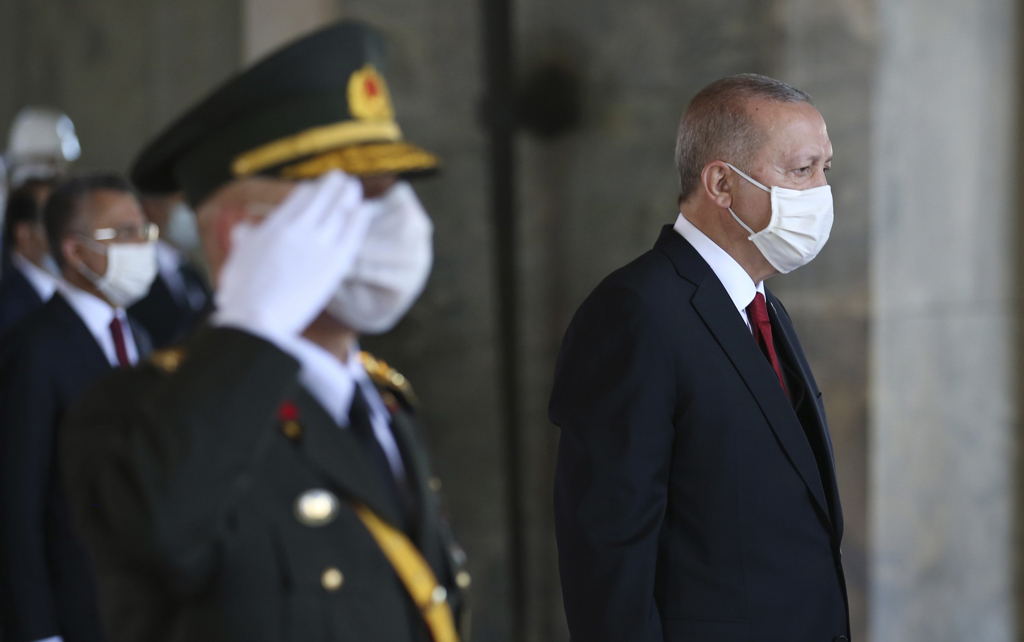
Turkey, From Tension to Transition
In the years after the AKP came to power in November 2002, however, an active struggle against the military-bureaucratic grip on politics led to the eradication of the old regime and a gradual democratisation of the political system.
Share
Turkey has come under an intense international spotlight as a result of two major conflicts that erupted in 2013: the protests in Istanbul's Gezi Park in the summer, which began as an environmental campaign but soon acquired far wider dimensions, and a fierce power-struggle between the governing Justice & Development Party (AKP) and the Gülen movement, a hierarchical and opaque religious group with a significant presence in the state apparatus. The latter was initiated by a sensational graft inquiry announced on 17 December. Both events have been portrayed as menacing to Turkey’s democracy, ominous for its state-society relations, and threatening to the ever more amorphous "Turkish model".
Indeed, in the short term, grave damage has already been inflicted on the country. Turkey's societal polarisation has become acute; the rule of law, which has never been strong in Turkey, was the first casualty of this last roiling year; the country's international and regional prestige has suffered; and the AKP's successful management of the economy has been dented. Yet, the story does not end there. In the background, promising new trends have been set in motion.
The most striking is the unconventional nature of opposition. It was people on the streets, rather than opposition parties in the parliament, who mounted the most formidable challenge to the AKP's rule of more than eleven years. The result of the Gezi Park protests especially has been to precipitate debates on the need to develop a more sophisticated understanding of democracy in Turkey, with ideas of participatory democracy at their centre. Moreover, the ongoing power-struggle has created momentum behind redefining the boundaries between the state and religion, with liberal version of secularism as the desired goal.
Tags »
Related Articles








